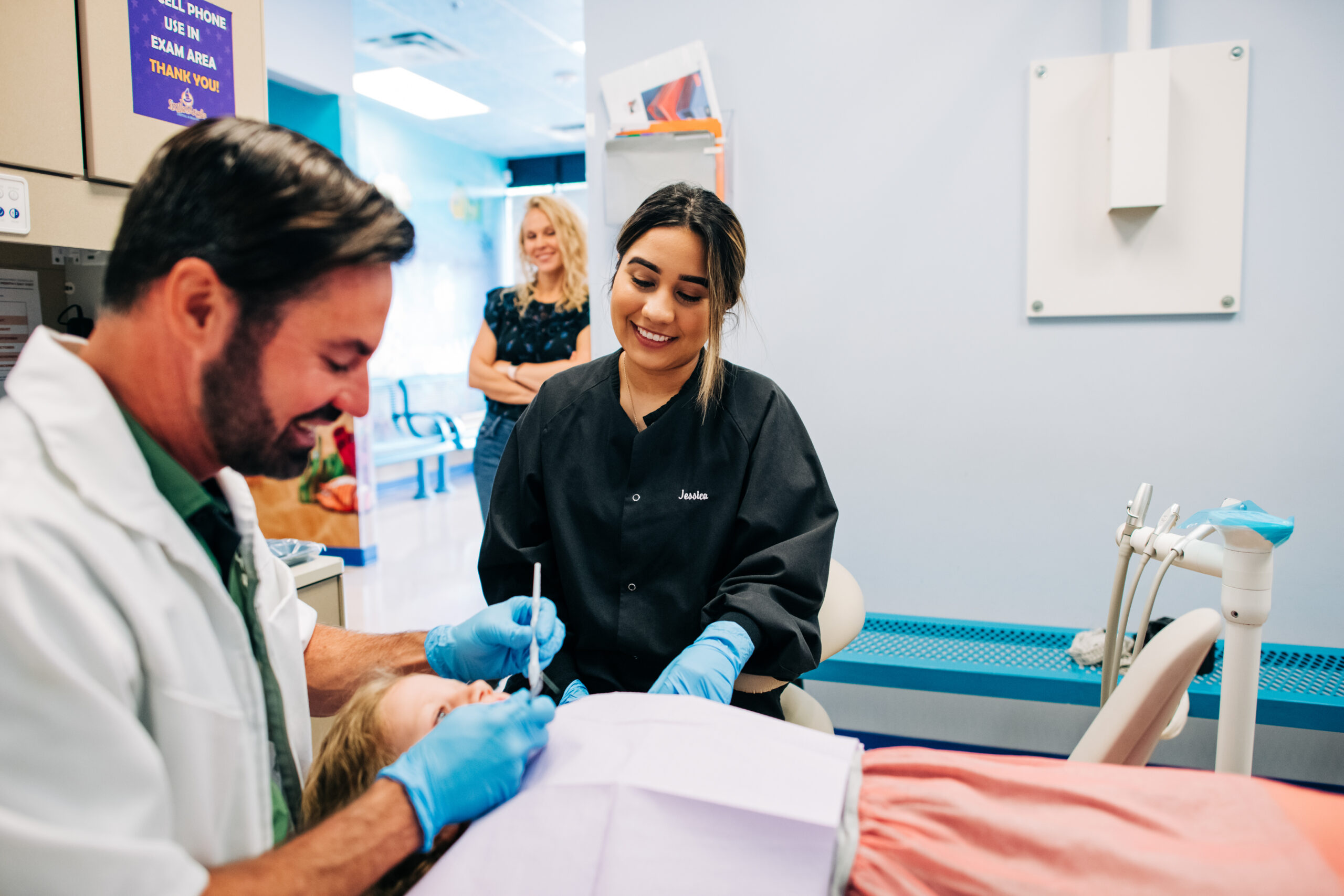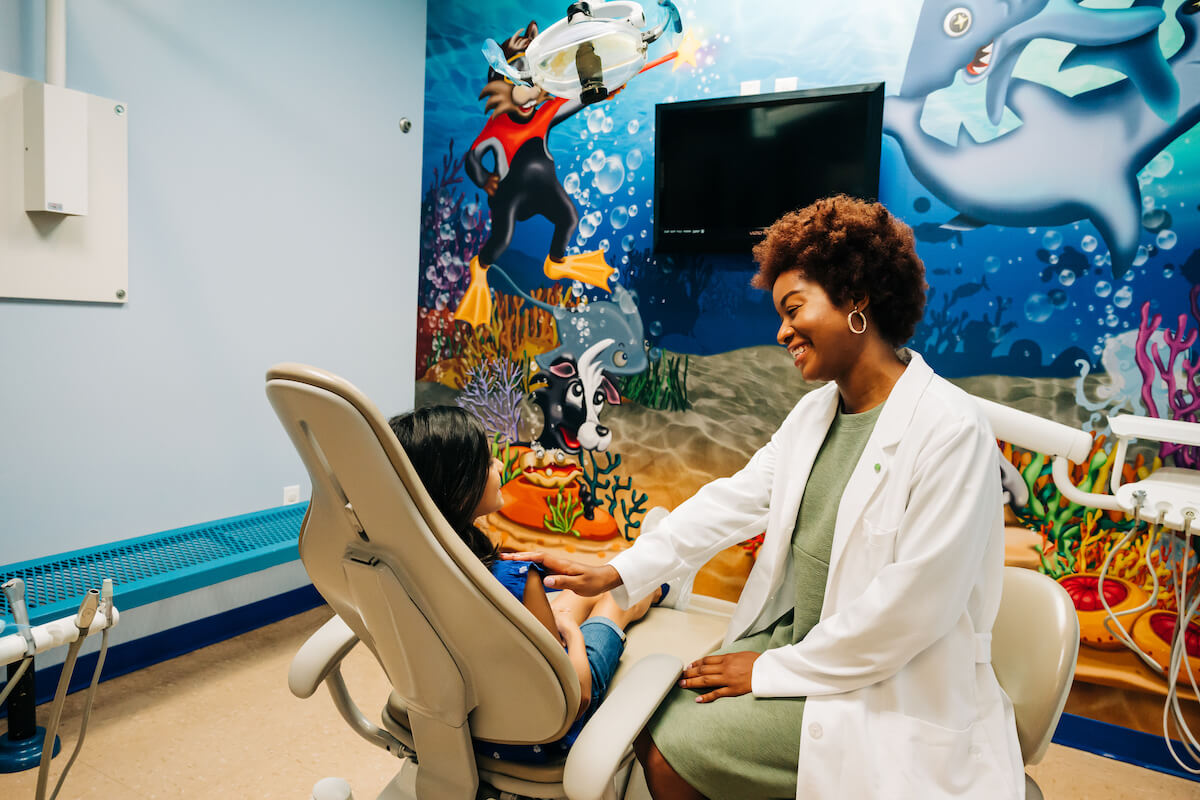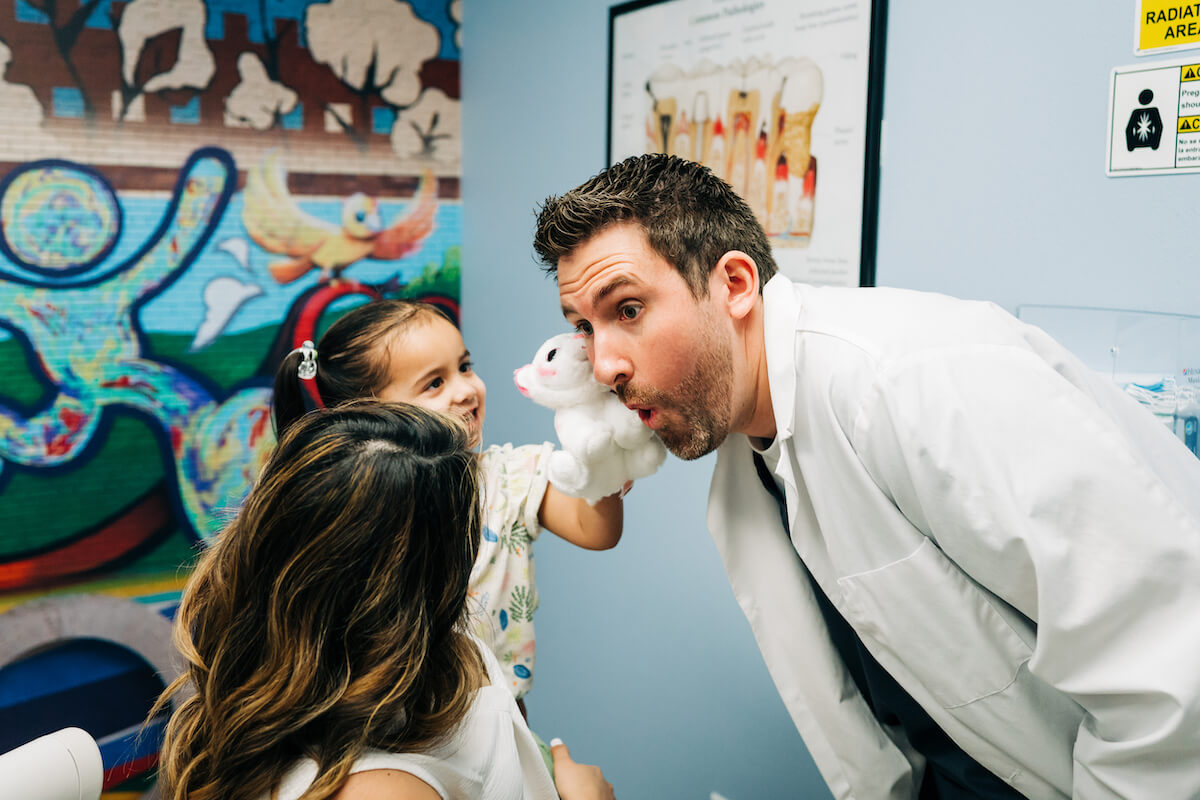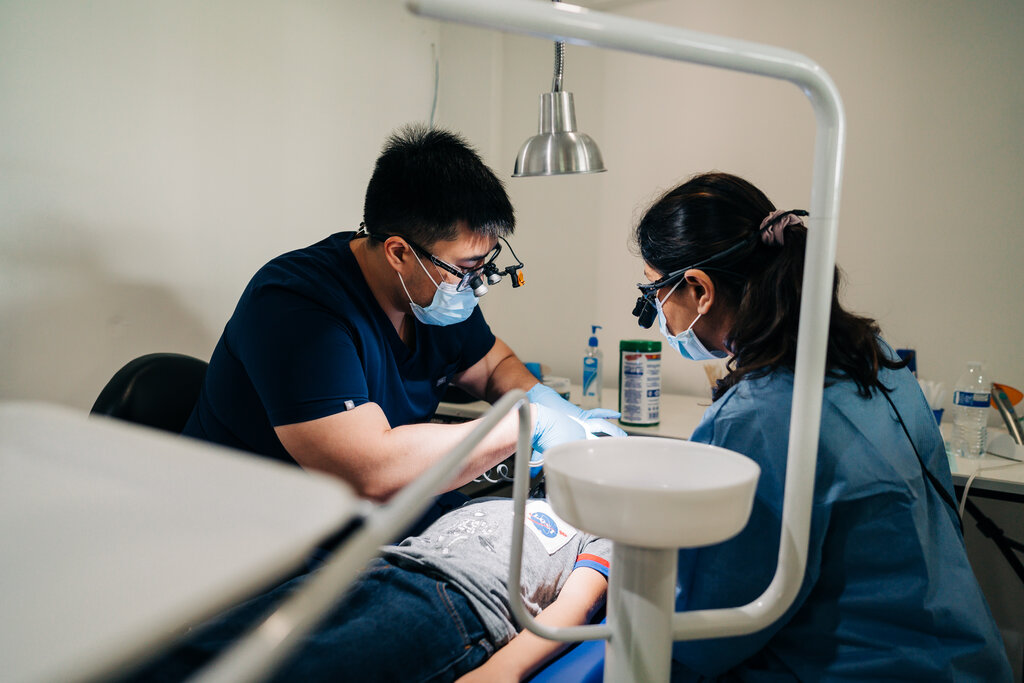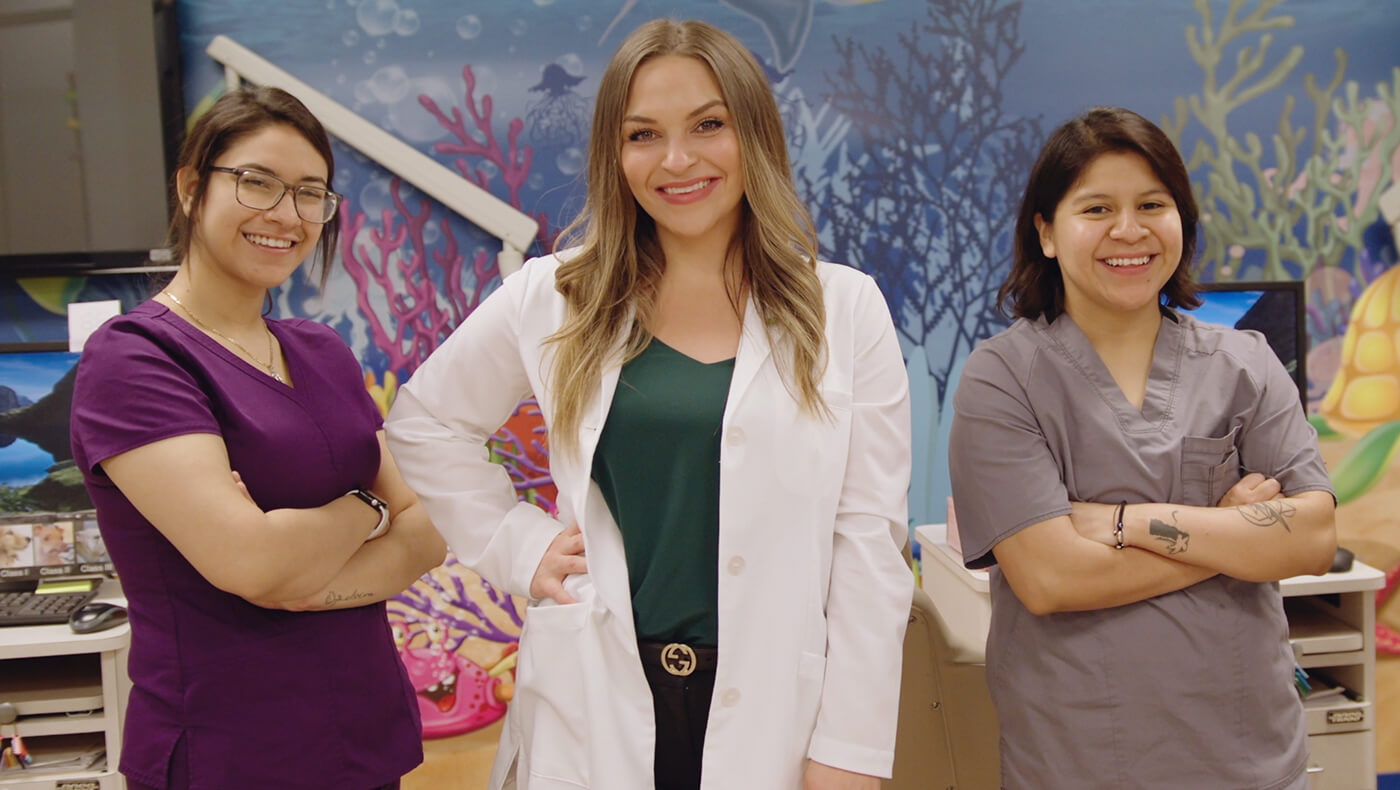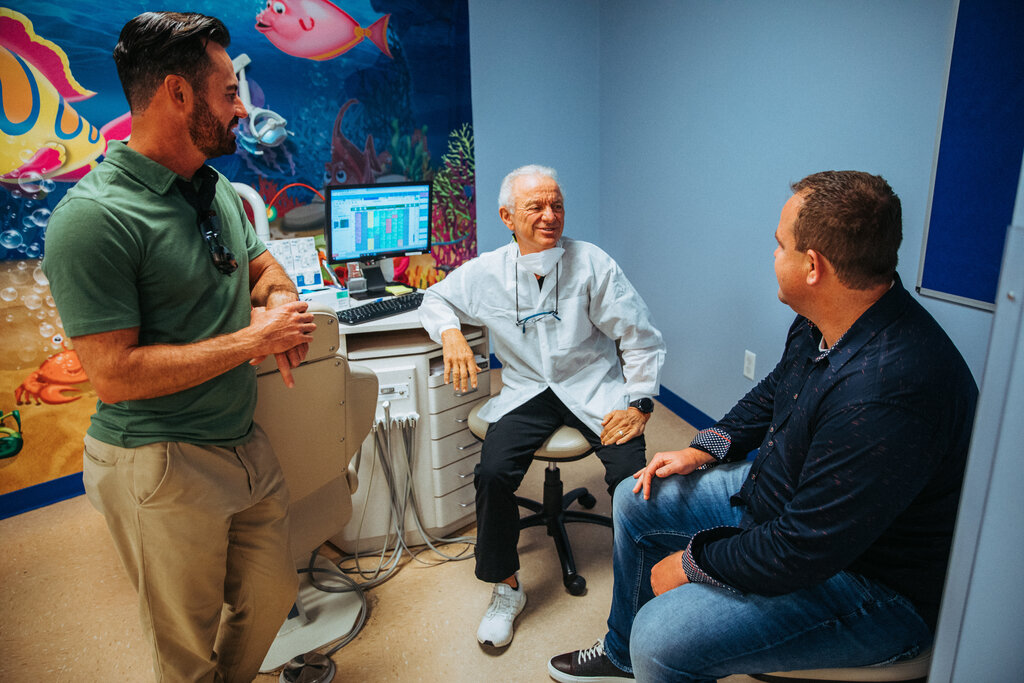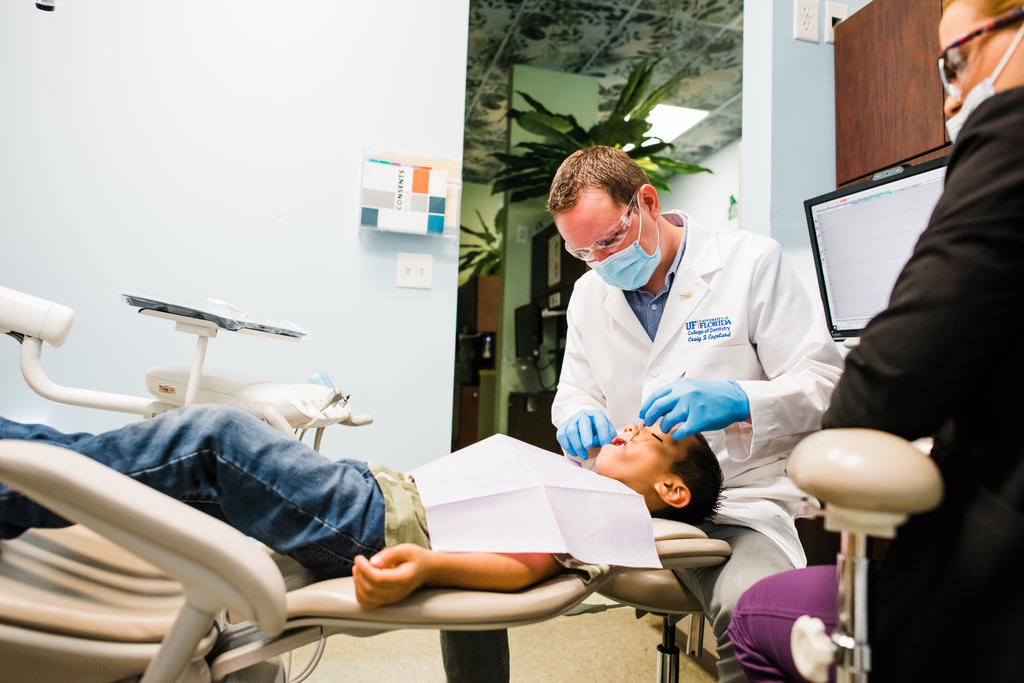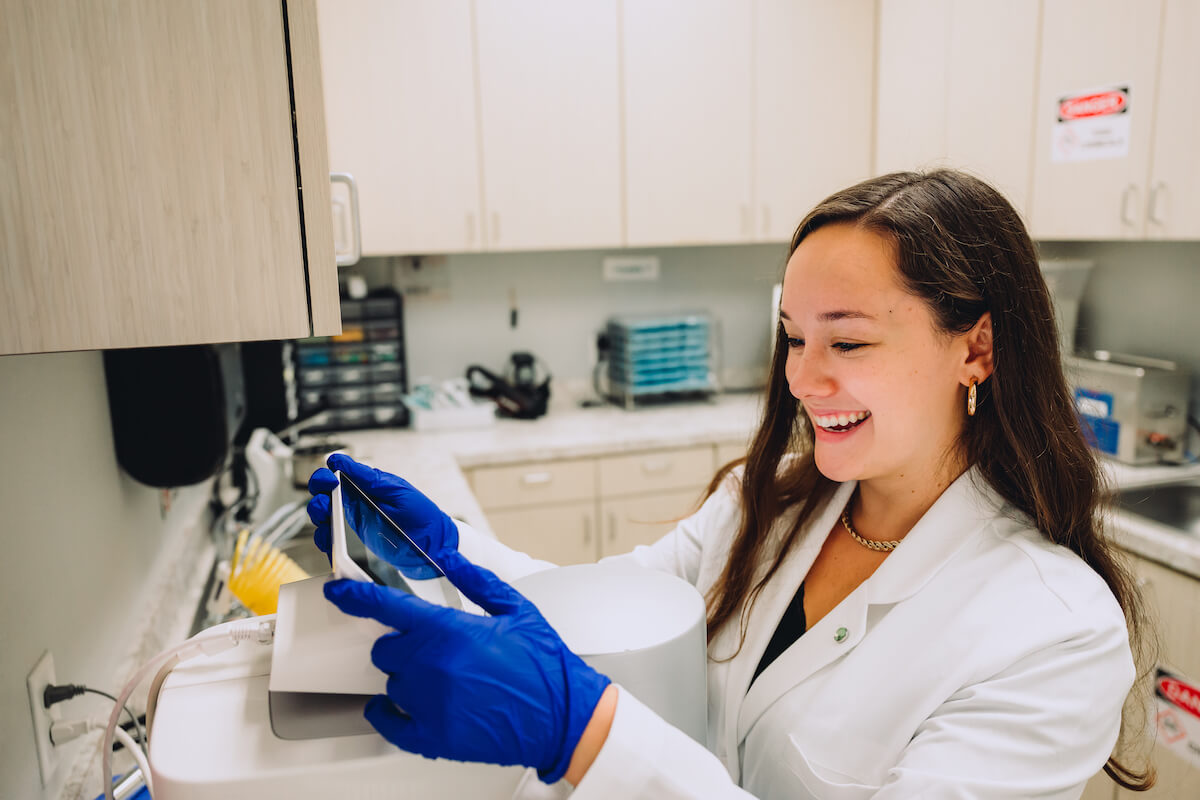
Whether you’re a 4th-year dental student trying to get your ducks in a row before boards or a recent grad ready to take on your next chapter in life, you’ll want to make sure you’re prepared for life after dental school. Dental school can be one of the most exhausting and enriching experiences. The transition out of school and into “real” working life can likewise be both intimidating and thrilling. No matter where your path leads, you’ll want to be sure you’re prepared to jumpstart your dental career.
Become a Better Dentist, Fast
The key to jumpstarting your career is to enter your first job fully aware of the challenges you will face and the steps you can take to manage them. Every new job has a learning curve. Feeling fully competent and confident in your new skills can take months or even years. While many of you may leave dental school feeling confident in your abilities, be ready for a few rude awakenings in your first year as a new dentist.
Time Management
When you start working, learning time management in the dental office environment will likely dominate your mental bandwidth. This applies to every dental clinician, including assistants, hygienists, and doctors. The shift from the pace in school to the real-world working pace is significant. It can be daunting. Go into your new career understanding that you will likely live behind schedule for the first several weeks, and actively look for ways to work efficiently. This is one area where Community Dental Partners really shines. Our onboarding process and support structure ensures you’ll hit the ground running and find your pace quickly.
There are plenty of ways to manage your time. Try breaking down your procedures into smaller increments. Rather than thinking, “I have to have this crown done in an hour,” set smaller benchmarks within the procedure. Have anesthetic administered and working within the first ten minutes of the appointment. Complete your prep by minute 30 at the latest, and so on. As you work and get to know your team better, you’ll also get a better sense of what tasks you can delegate to your assistant, which can also help your efficiency.
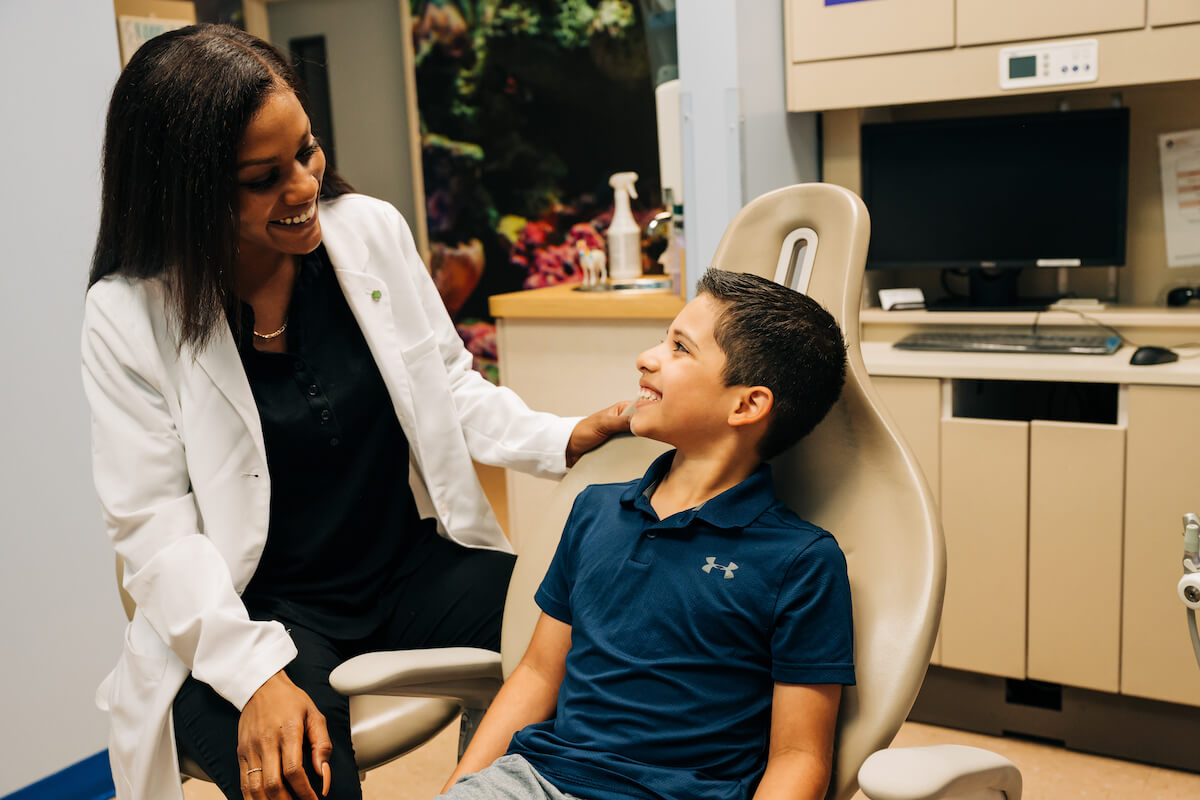
Also, remember that learning excellent efficiency may also mean better pay. Depending on your dentist compensation model, more production usually means more profitability. It is in your best interest to actively seek solutions to work quickly. Every extra unit of time spent on one procedure means one less patient you’ll be able to serve that day.
But let’s be clear: you should never sacrifice quality for speed. The end result of your restorative work will hopefully last years. Rushing can result in poor technique and failed treatments. You are here to provide your patients with solid dental work. Over time, you will be able to find a state of flow in your work. Doing great fillings while staying on schedule will feel almost second nature.
Stress Management
Struggling to stay on schedule sounds stressful enough on its own. You’ll also be adjusting to a new lifestyle, finding your place among new co-workers, and perhaps adjusting to the reality of your new working environment. You’ll need to manage patients with dental anxiety who may act rudely or lash out and navigate tense conversations when you’re giving them bad news. All of this can add up to some big-time stress. Emotions can run high in the dental environment, and you’ll need solid strategies to keep a cool head. Building strong connections with co-workers and patients will help reduce friction and make your days run smoothly.
Hopefully, you’ll be working somewhere with great support built in. Team loyalty and respect can make all the difference in how your team manages stress at work. After all, a thriving team is essential for success. We commit to fostering a supportive, respectful, and empowering environment for every individual who contributes to our shared mission.

Stress management also means investing in positive experiences outside of work. Be sure you’re using your free time in ways that will destress and energize you. Outstanding work-life balance is possible for dentists, but it may take some planning and effort.
Stay Open to Feedback
Do you know your long-term goals in your dental career beyond just getting a job as a dentist? Sometimes landing this position is the ultimate destination in this industry. But have you sat down and really thought about what your ideal life looks like in this job?
- What kind of time off do you want?
- What will you do with that time?
- Do you want to own a practice or prefer the lower stress of working as an associate?
- Where would you like to live, and when do you hope to retire?
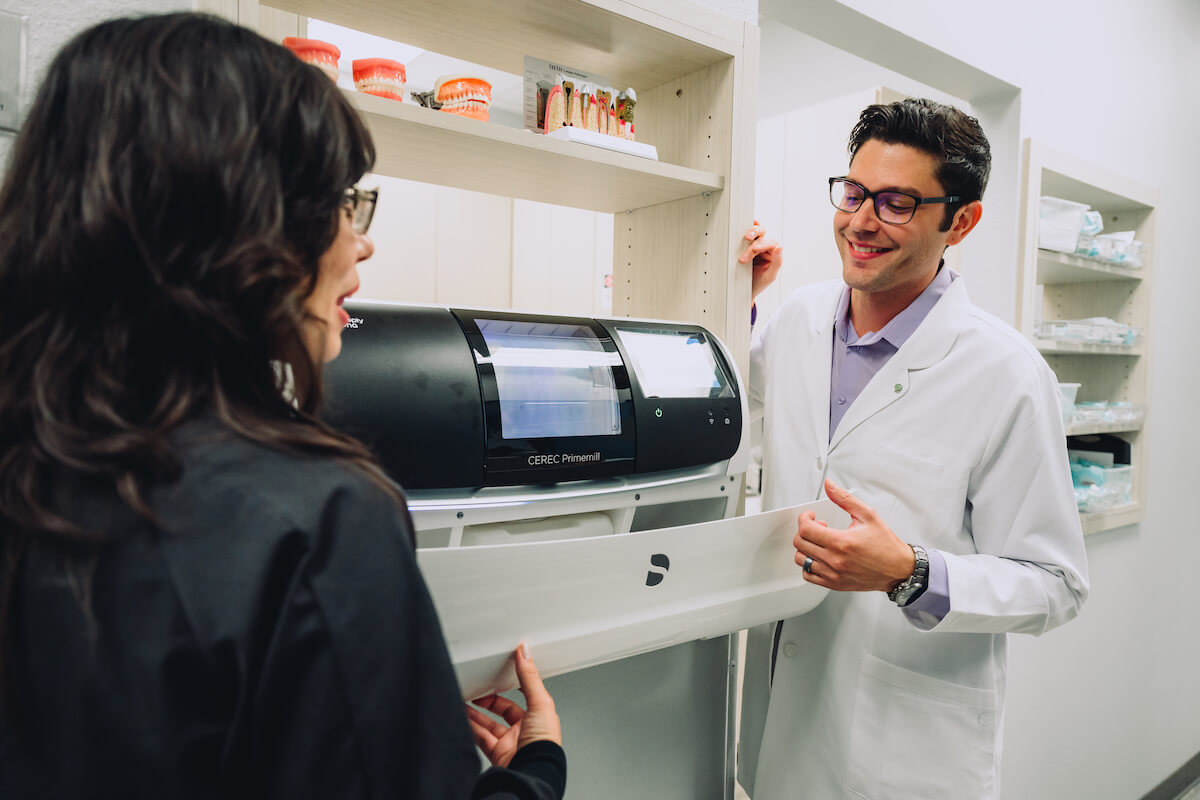
Identify Long-Term Goals and Proceed Accordingly
Do you know your long-term goals in your dental career beyond just getting a job as a dentist? Sometimes landing this position feels like the ultimate destination in this industry. But have you sat down and really thought about what your ideal life looks like in this job? What kind of time off do you want? What will you do with that time? Do you want to own a practice, or do you prefer the lower stress of working as an associate? Where would you like to live, and when do you hope to retire? Identifying your long-term goals early can help keep you on an enriching path to success.
Where Do You Want Your Dental Career to Take You?
Have you looked at all the options your dental degree opens for you? While most grads assume life after dental school means clinical practice, there are plenty of other options you can consider. You could go into dental research, develop new techniques and technologies, teach dentistry, or even work as a dental health policymaker. These options require an active license and a few years of experience in clinical dentistry. Consider where you want to land for ten or fifteen years.
If you want to own your practice, aim for a position to help you get there! Working as an associate for a private practice may allow buying it when the dentist owner retires. However, that can leave you with a long wait before you accomplish your ultimate goal.
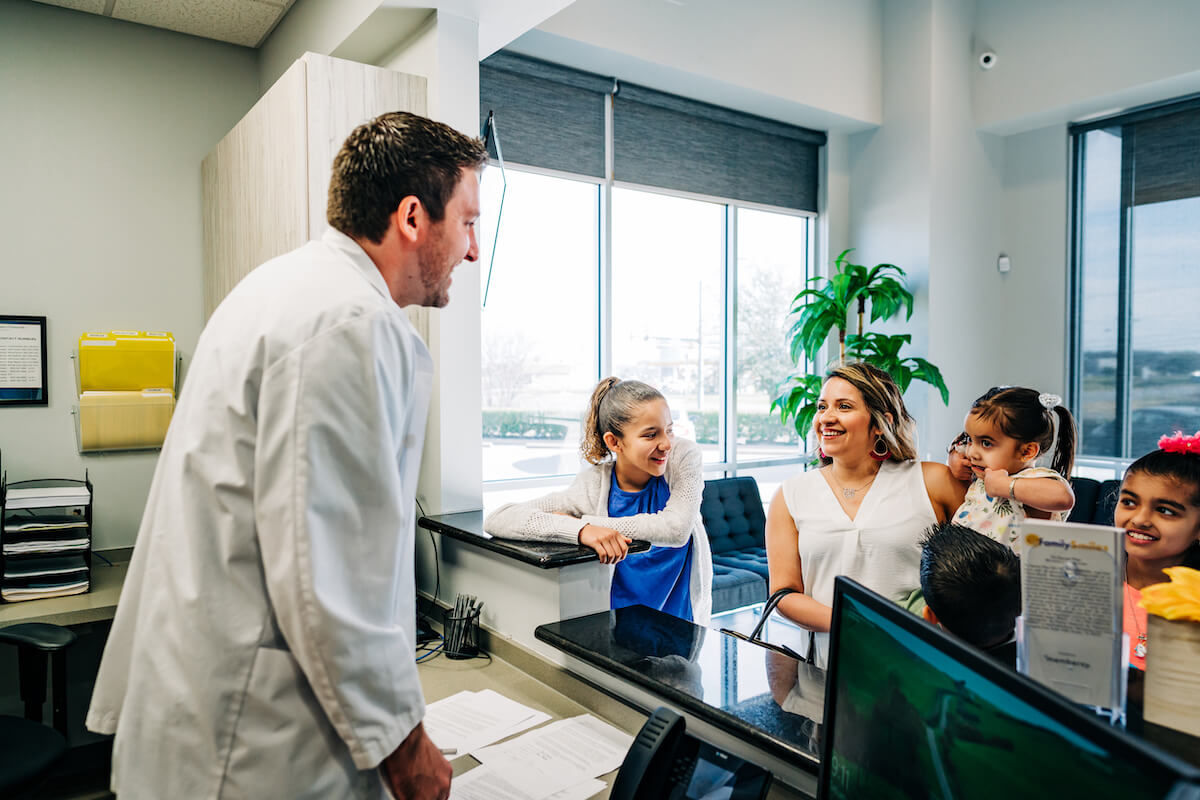
On the other hand, working with a DSO can prepare you for practice ownership quickly. If you’re considering a group practice or DSO, pick one with a practice ownership track. CDP’s dental practice ownership track gives you the benefit of a low-risk entry into your career. Additionally, it equips you with greater purchasing power and support when you’re ready to launch.
Continue Education vs. Going into Practice
As we’ve discussed, there are always options to prolong your education with training programs like AEGD or GPR. However, if you’re ready to jumpstart your career, you can find all the support and guidance you’ll need to make the best possible beginning right here at CDP. With our mentorship and training programs, you’ll have plenty of opportunities to learn on the job, plus all the advantages of continuing your education throughout your career. The way we see it, there are things you just can’t learn in a school environment, and you may as well earn a great paycheck while getting your feet wet! Schedule a call with a Hiring Manager to learn more about what you can expect from life after dental school.


